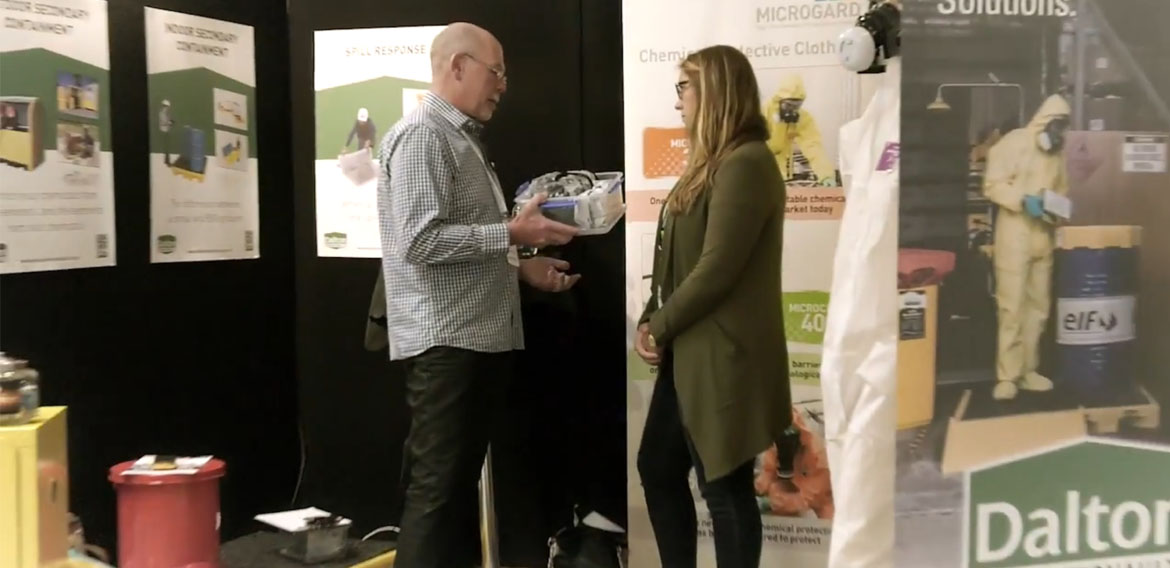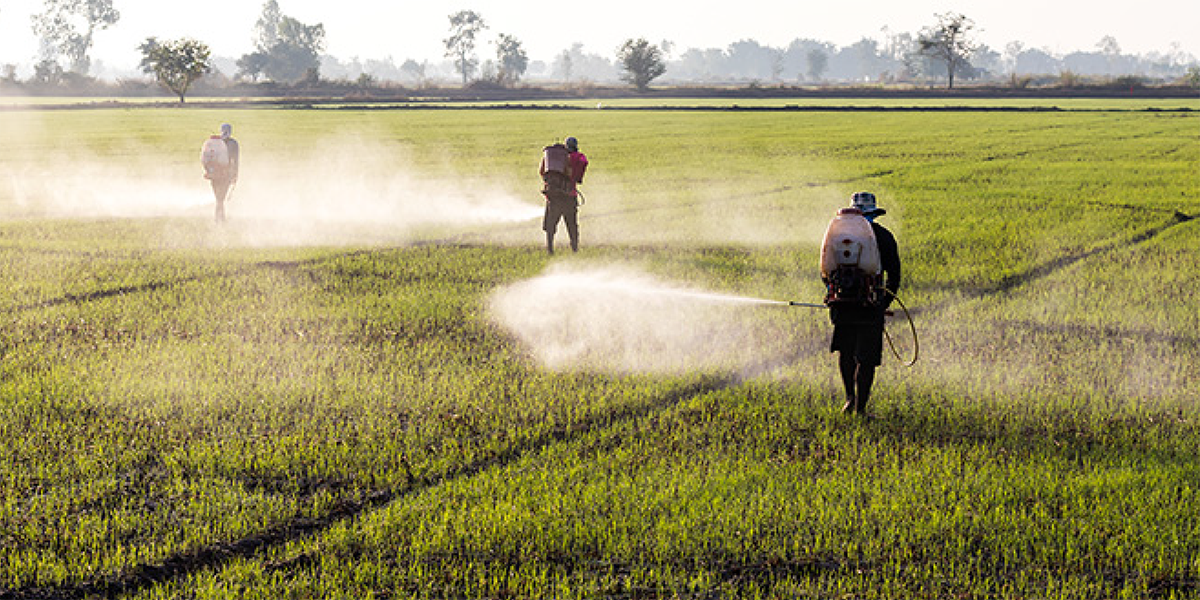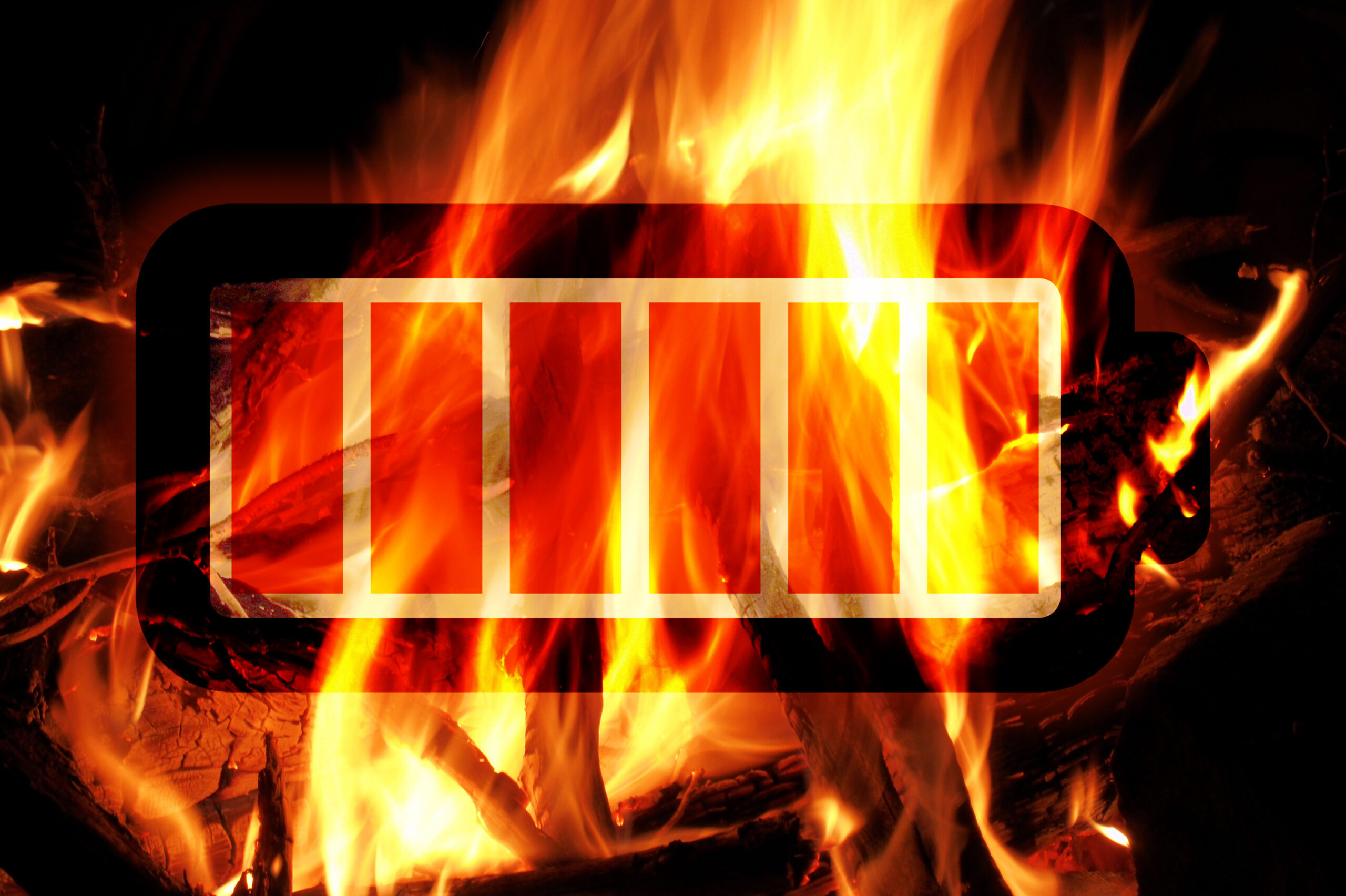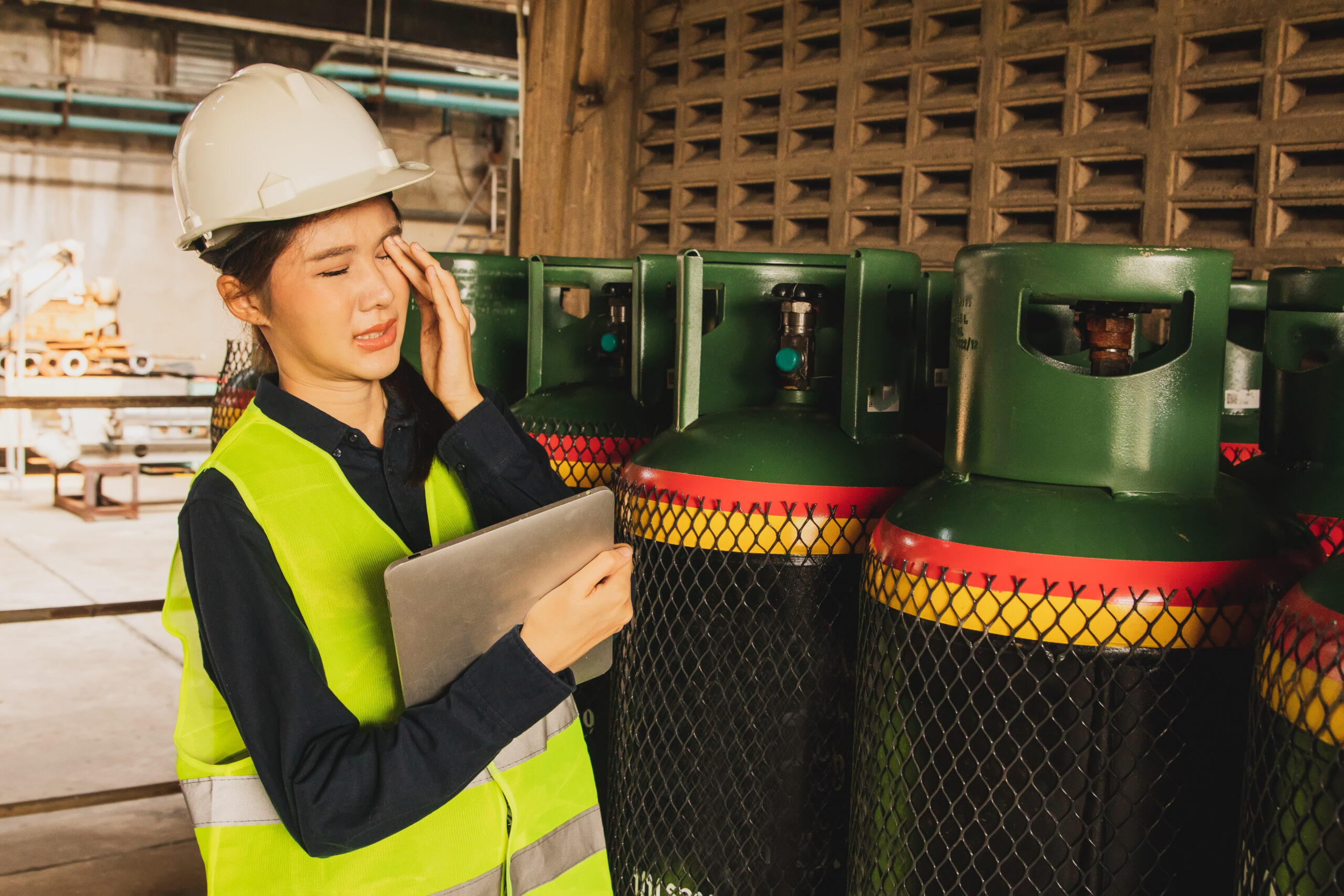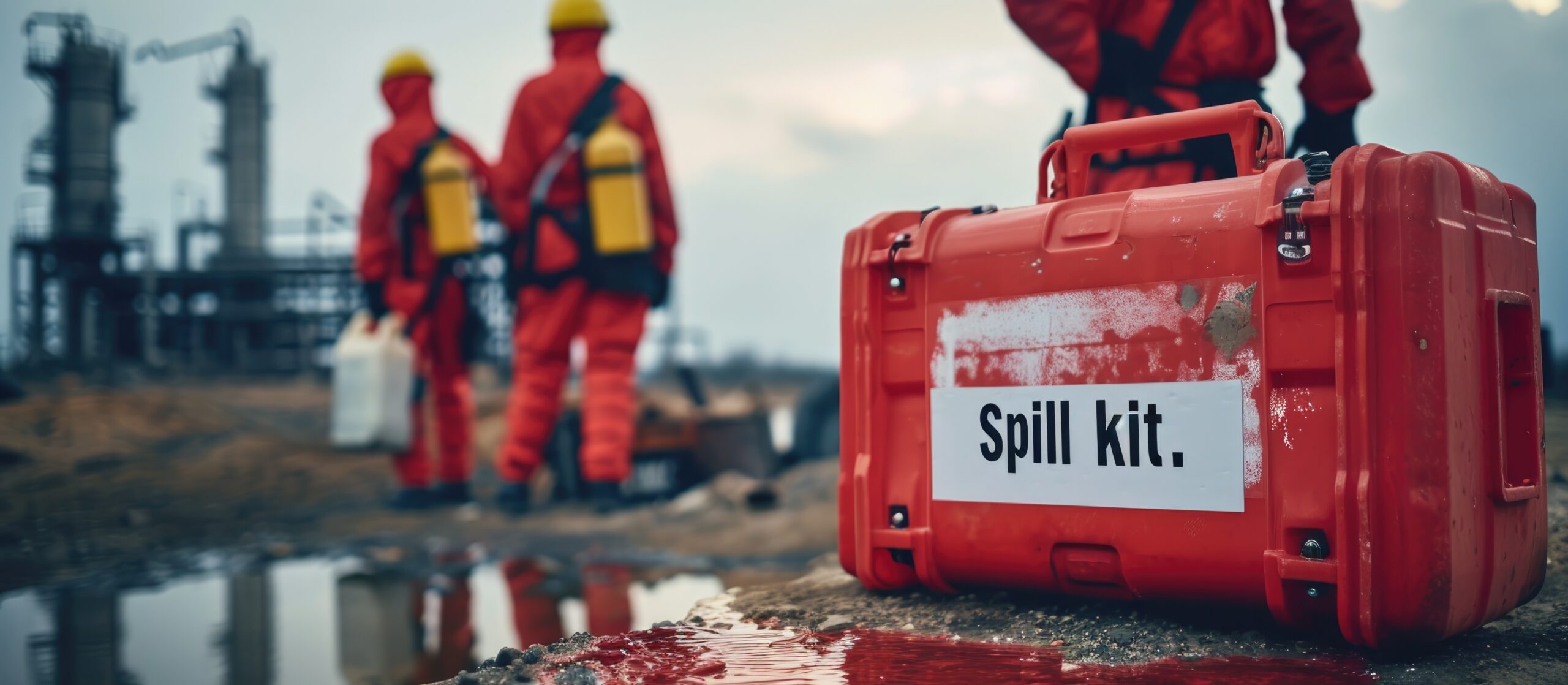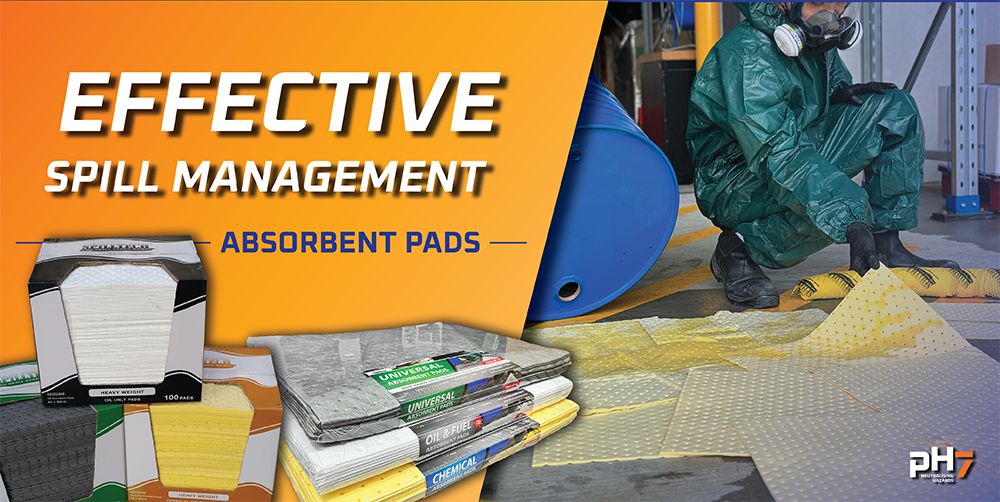As well as knowing that you can get hold of key members of ph7 International at the other end of a phoneline or via email, you’re just as likely to find us up to our knees in Field Days mud or answering questions at industry conferences.
And that’s because our philosophy isn’t just about sales – it’s about raising awareness and spreading information about creating safe workplaces in New Zealand.
As well as finding content in our News section on subjects such as the long-term effects on those working in agriculture of using pesticides and the widespread proliferation and effects of asbestos we enjoy the important face-to-face meetings that come from getting out into the community.
In recent months, we have been at:
- The Safety 360 Conference at Ellerslie, where we exhibited with a focus on chemical safety (Chemical Suits, respiratory protection, chemical gloves, spill containment and spill response).
- South Island Agricultural Field Days, where we had a stand within the Farmlands tent educating farmers on the dangers of pesticides and need for chemical protective coveralls.
- We also had a distributor showcase the Shigematsu Respirator Masks at the New Zealand Demolition and Asbestos Association free education event and expo at Sky City in Auckland.
And although we know it can be tough getting the message across (and we certainly find that older generations of farmers, for example, can be especially stubborn when it comes to changing how they deal with hazards), that’s no reason why we shouldn’t keep trying.
So what are the benefits of coming to see us when ph7 International is out and about?
- Advice: New health and safety legislation means we’re getting more inquiries than ever about what businesses need to do to plan and protect themselves, their workers, their clients and the environment.
- Informal audits: Risk management plans have to be tailored to individual companies’ specific exposure to hazards. By talking to us directly we can understand your business needs and then discuss precise methods of handling or storing hazardous materials.
- Be proactive: It’s always better to think about prevention rather than looking for solutions to deal with incidents – not just in terms of cost, but also of reputation and potential harm to workers, equipment, clients and the environment.
- Be prepared: New Zealand has a tradition of an easy-going approach to hazards and safety in the workplace, but that simply doesn’t cut it under current legislation and in modern industry. Actually talking to experts in the field from ph7 International can be your first step to creating a rigorous and documented set of safety procedures.
ph7’s sales manager Mike Kitchin says the bottom line is about protecting people and the environment from hazardous substances.
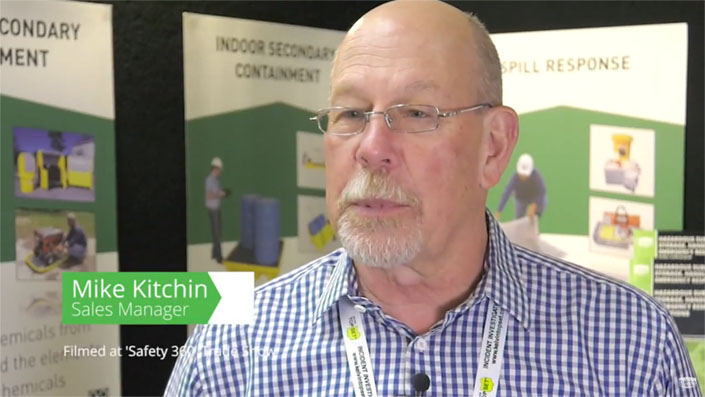
“But it’s also about raising awareness of what’s available for people to use and the resources we can offer to help companies meet their obligations under health and safety legislation,” he says.
“And that’s why we don’t just take products for people to see and touch, we also go armed with a notebook and brochures, and then meet people and assess what they may need to do.
“The process is that we talk to them, listen to their story, and hear what they think they want before we give them the best advice we can and then off back of that advice, arrange to go and see them at their business or have them come into our office to demonstrate how those solutions might look.”
If you want to know where you can meet up with us when we’re on the road or you’d like a safety audit of you company and a demonstration of how our products might fit your requirements, contact us on 0800 323223, sales@dilnz.co.nz or via the website.
